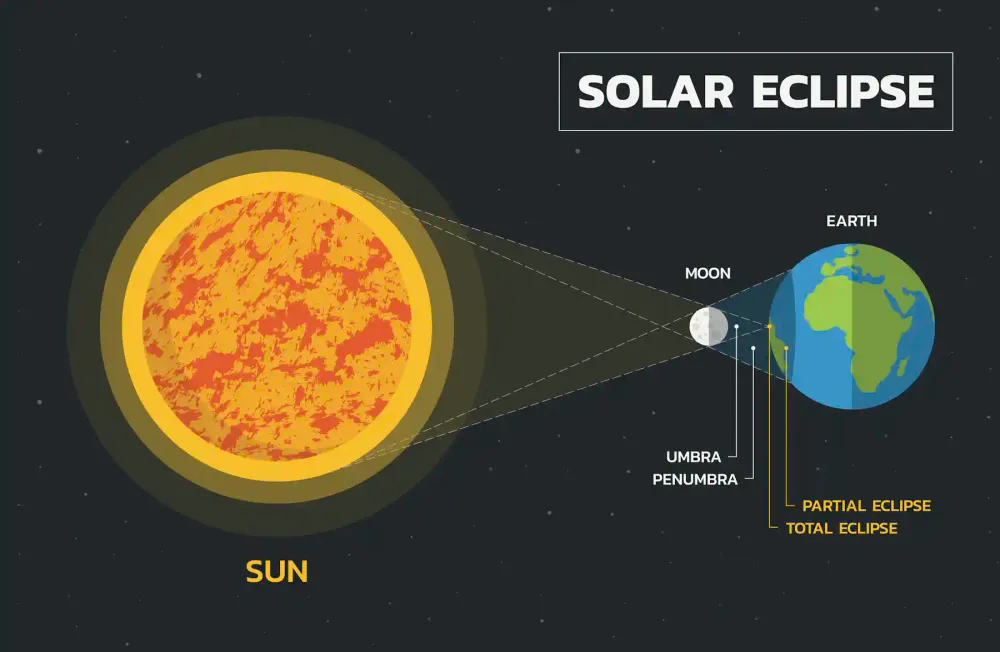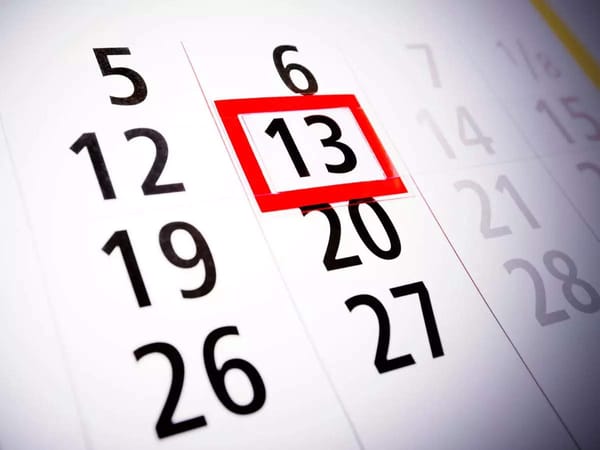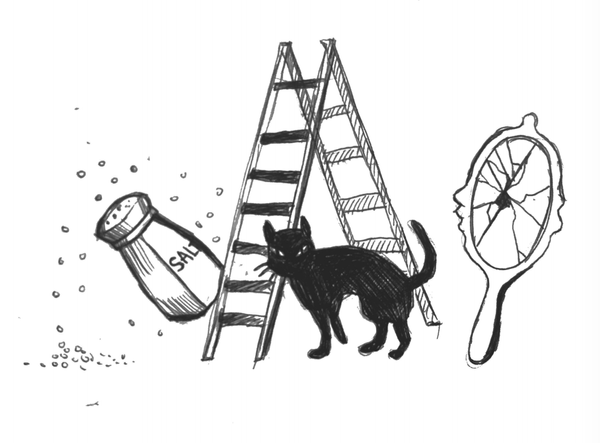Is Solar Eclipses Harmful ?
Superstitions have long been a part of human culture, especially when it comes to celestial events like solar eclipses. Across Asia, various myths and superstitions surround solar eclipses, often invoking fear and apprehension. Let's delve into the origins of these beliefs, explore their impact, and debunk the myths with scientific reasoning.
Origins of Solar Eclipse Superstitions
Solar eclipses have fascinated and frightened people for centuries. Many cultures developed their own explanations and superstitions about this celestial phenomenon. Here are a few notable ones from Asia:
- China: Ancient Chinese folklore tells of a celestial dragon that devours the sun during an eclipse. The people would bang drums and create loud noises to scare the dragon away and bring back the sun.
- India: In Hindu mythology, the demon Rahu is believed to swallow the sun during an eclipse. According to legend, Rahu was beheaded by the gods for trying to drink the nectar of immortality. His head occasionally swallows the sun or moon, causing an eclipse, but since he has no body, the sun reappears after passing through.
- Japan: The Japanese traditionally believed that solar eclipses could cause harm, particularly to pregnant women and their unborn children. They would stay indoors and cover windows to avoid exposure to harmful rays.
- Indonesia: Some Indonesian cultures believe that a giant serpent or demon tries to eat the sun during an eclipse. They, too, would make loud noises to scare away the creature.
Common Superstitions and Their Impact
Superstitions about solar eclipses often revolve around themes of bad luck, danger, and supernatural occurrences. Here are some common ones and their impacts:
- Health Risks: Many people believe that solar eclipses can cause health problems, especially for pregnant women. In India, pregnant women are advised to stay indoors, avoid using sharp objects, and not eat or drink during the eclipse to protect their unborn child.
- Bad Luck: In various cultures, eclipses are considered harbingers of bad luck or disaster. People may avoid making important decisions, traveling, or starting new ventures during an eclipse.
- Food and Water Contamination: Some believe that food and water become contaminated during an eclipse, leading people to avoid eating or drinking during this time.
Debunking the Myths with Science
Modern science provides clear explanations for the natural phenomenon of solar eclipses, dispelling the myths and superstitions that have persisted for centuries.
- Celestial Alignment: A solar eclipse occurs when the moon passes between the Earth and the sun, temporarily blocking the sun's light. This alignment is a predictable and natural event, with no supernatural or harmful implications.
- No Health Risks: There is no scientific evidence to support the claim that solar eclipses pose health risks, especially to pregnant women. The only caution is to avoid looking directly at the sun without proper eye protection, as it can cause serious eye damage.
- No Impact on Food and Water: Solar eclipses have no effect on the safety or quality of food and water. The belief that they become contaminated is purely a superstition.
Embracing the Wonder of Solar Eclipses
Rather than fearing solar eclipses, we should embrace the opportunity to witness one of nature's most awe-inspiring spectacles. Here are some tips for safely enjoying a solar eclipse:
- Use Proper Eye Protection: Never look directly at the sun without special eclipse glasses or a solar viewer. Regular sunglasses are not sufficient.
- Join a Viewing Event: Many astronomical societies and observatories organize viewing events, providing safe equipment and expert guidance.
- Educate Yourself: Learn more about the science behind solar eclipses to appreciate the wonder and beauty of this celestial event.
Conclusion
Solar eclipses have long been shrouded in mystery and superstition, but modern science helps us understand and appreciate these natural phenomena. By debunking the myths and embracing the facts, we can enjoy solar eclipses without fear and marvel at the incredible dynamics of our solar system.




